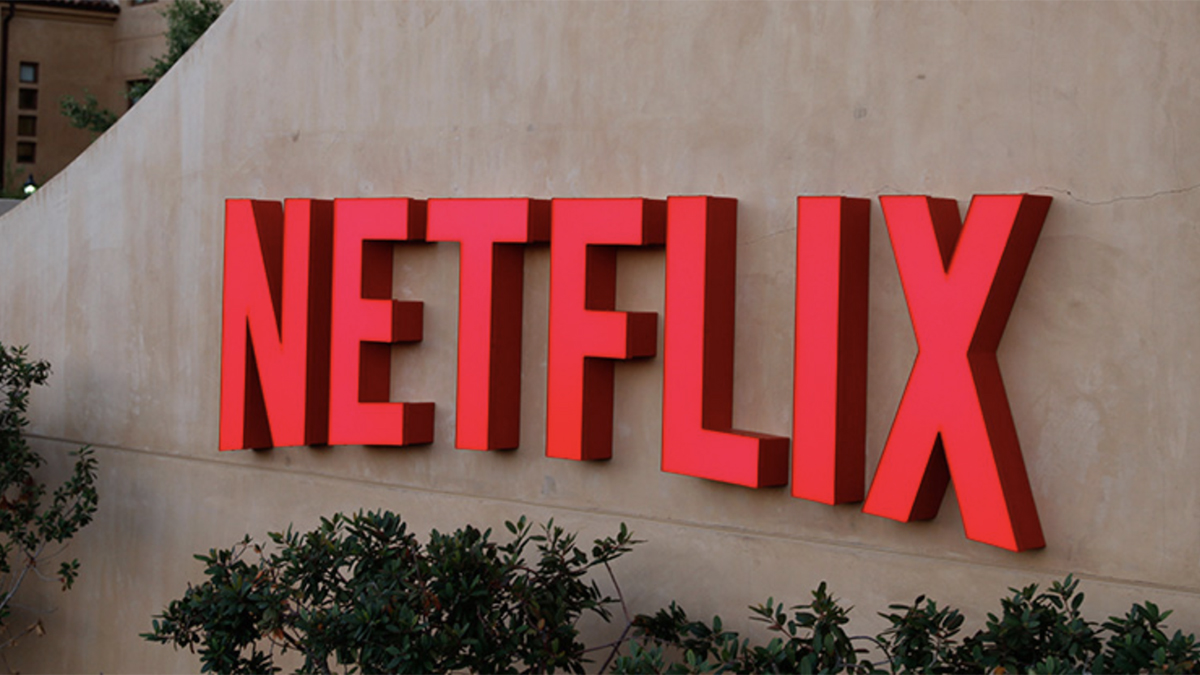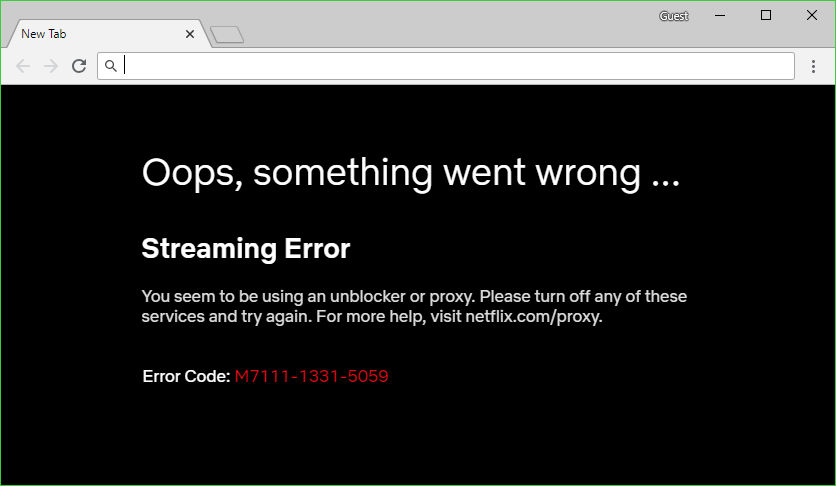How does Netflix detect and block VPN use?
Preventing users from streaming region-specific content

Because not all Netflix shows are available worldwide, many of its subscribers turn to VPNs that disguise their location and fool the streaming service into offering them a content catalog for a different region.
However, if you’ve tried to do this before, you might have found that Netflix was able to detect and block your VPN connection. But how is it able to do that? In short, the streaming service uses various tools to identify VPN connections including databases of known VPN IP addresses - and it constantly seems to be coming up with cleverer and more extreme ways to stop you getting around its geo-restrictions...
- See also: today's list of the best working Netflix VPNs
Why does Netflix block VPNs?
You might wonder why Netflix puts so much effort into blocking paying subscribers from accessing region-locked content.
The short answer is that copyright holders don’t receive revenue when content is streamed illicitly from an unlicensed region. Over the past few years, Netflix has become a content creator itself, putting out thousands of Netflix Original episodes and movies. This has given the company a major financial incentive to crack down on VPN use.
A suite of sophisticated VPN blocking tools
VPNs are commonly used to fool Netflix’s location detection servers by routing your internet connection through an IP address associated with a particular location. However, most VPNs only have so many IP addresses to offer users, so when you connect, you could be assigned an address that hundreds or thousands of other customers have already used.
That’s why the most efficient technique Netflix uses to block VPN connections is to simply check if the IP address which you are using is associated with a VPN. There are plenty of companies that collect information about IPs. Once it’s obvious that a user is tunneling through a VPN, their address itself is marked as a VPN-associated in a database.
Once Netflix sees this, it blocks that address and sometimes other IP addresses that are owned by the same host. That’s why, if you are intending to use a VPN to access Netflix, many people turn to the likes of ExpressVPN or NordVPN. These companies maintain enormous server networks and tens of thousands of IP addresses that are updated regularly, meaning there’s a better chance you’ll be able to find an IP address that Netflix hasn’t already recognized as VPN-associated.
Netflix ups the stakes
Although Netflix is always working to find and block new ranges of VPN IP addresses, the big VPN providers are just as busy, buying and allocating fresh, new and still-working IPs.
Get daily insight, inspiration and deals in your inbox
Sign up for breaking news, reviews, opinion, top tech deals, and more.
Some VPNs try to escape Netflix's attention by using residential IP addresses - IPs normally allocated by an ISP to a homeowner. Makes sense: there's clearly no way Netflix would block a range of residential IP addresses, and block thousands of its own customers.
But then, in August 2021, that's reportedly what Netflix did, stopping VPN access but catching hundreds of thousands of legitimate Netflix users in the crossfire.
It's not yet clear whether Netflix will pursue this course, but it does, it looks like a major escalation in the unblocking wars.

DNS server location mismatches reveal VPN use
Another way that Netflix detects and blocks VPN use is through checking for conflicts between IP addresses and DNS (Domain Name Server) settings. On some devices, often those running iOS or Android, the Netflix app may override your DNS setup, exposing your real ISP server. If Netflix recognizes this mismatch, it will become obvious that you are using a VPN.
Modifying your device’s network settings, or setting up your VPN connection on your router rather than your streaming device, may circumvent this type of detection system.
How does Netflix detect and block VPN use?
Netflix doesn’t want its users to stream shows and films in regions where it isn’t licensed to distribute them. To prevent this from happening, Netflix keeps an eye out for connections with DNS server location mismatches as well as IP addresses that are known to belong to VPNs.
Read more:
- Not just for Netflix - see the world's most super streaming VPNs
- Try before you buy thanks to a VPN with free trial
- ExpressVPN vs NordVPN: compare two of the game's biggest players